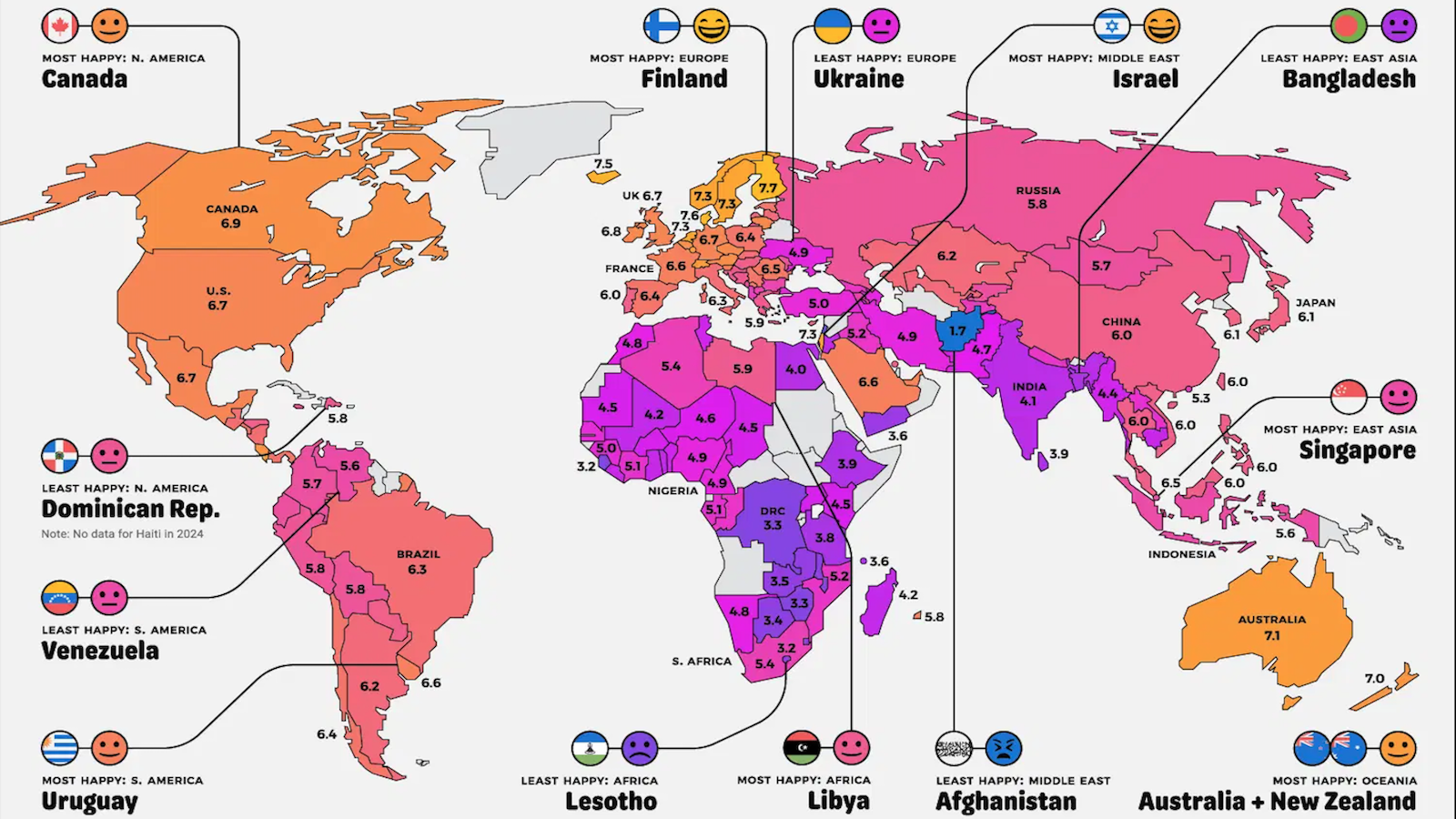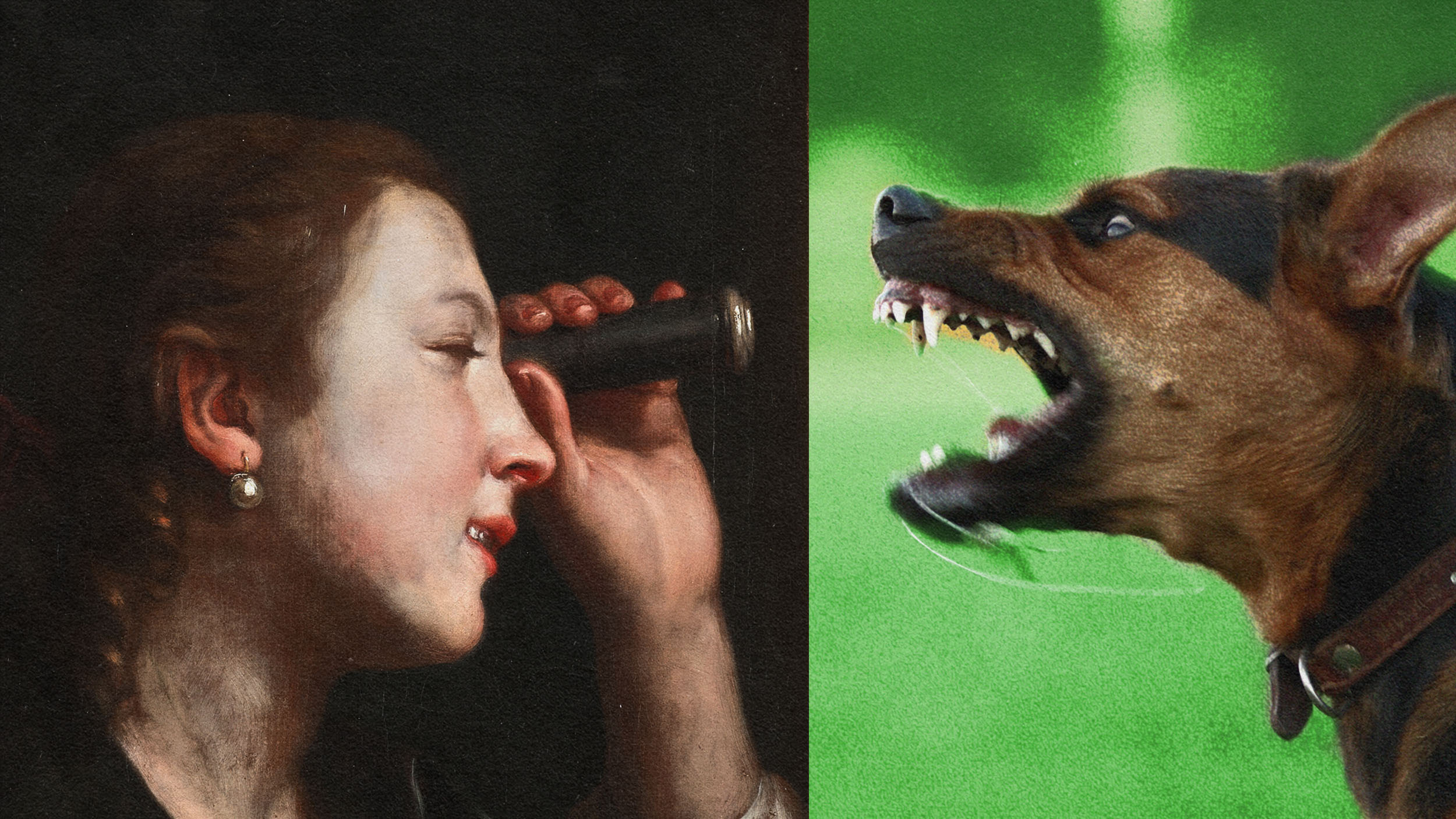How do you atone for having a happy childhood while millions suffered?
Question: Growing Up During Apartheid
Dovey: I was born in South Africa in 1980, and early on in the ‘80s my father got in some political trouble for his involvement in criticizing the Bantu education system. And so for the first time in ’82 we immigrated as a family to Australia and became Australian citizens at that point. So I have joint citizenship. But then we kept kind of moving back to South Africa because my parents felt like they could still make a contribution, and then the same thing would happen. They’d get in trouble and we’d leave. So we sort of had this back and forth between the two countries. And then we had a big chunk of time in South Africa in the late ‘80s, early ‘90s. And so when the first democratic election happened I was 14. And yeah, I really just came of age in a South Africa that we could be part of as a generation. Whereas my parents’ generation, it was a much more complicated experience because it was this huge relief almost of having an identity they could be proud of returned to them at that moment. And so while, you know, my generation wasn’t ever as accountable for apartheid because we were too young to really have made conscious decisions to support it or not support it; but we were definitely still indirectly beneficiaries of the system just by living there as Whites in the ‘80s. And so I think we’ve had to deal with that . . . that issue of sort of retrospectively realizing this . . . the dissonance of reality that this decade of your childhood was also a decade of incredible pain and suffering for the bulk of the population. And we need to sort of still make amends and atone for that, I think.
Question: How are you doing that?
Dovey: It’s a good question. I’m not sure if I am adequately. For a long time I felt that the best way I could do that would be to live in South Africa and make ___________ films there, and somehow by using tool as a . . . by using film as a political tool to sort of explore people’s lives, that somehow that would be making a contribution. But then I tried to do that and went back to South Africa after college in America and had two years in Cape Town. And it was a really difficult time because I felt . . . I felt that actually making films was so fraught with a kind of imbalance of power that sometimes I felt like I was doing more harm by trying to film stories in communities that inevitably the power was in . . . it was in my favor. It was just a structural thing. So I got a little confused and disillusioned at that point, and then actually returned to America for graduate school. And so I’m still trying to work through that. And I feel less now that it’s my contribution has to be South Africa specific, and it’s sort of an opening up of, you know, being a global citizen; and that in many different ways you can contribute. And that’s been quite . . . quite liberating.





